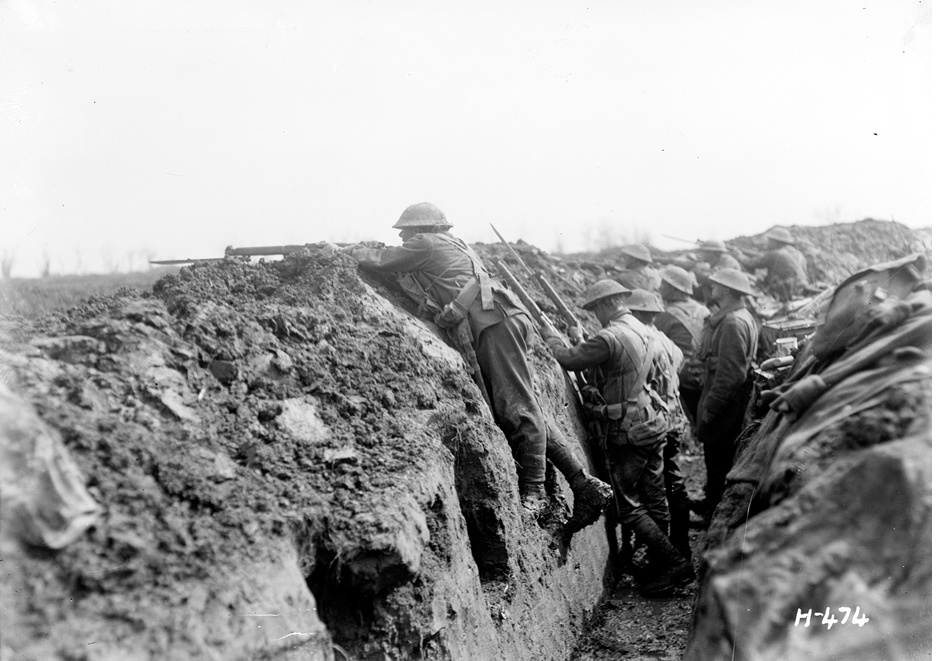This coming weekend, a milestone will be reached. The International Standard Book Number (ISBN) system turns 60 years old. That seemingly simple group of digits has had a lasting impact on our industry.
Book nerds of the world unite. Let’s celebrate sixty years of the ISBN! (Party balloons are floating and party horns are sounding.)
Below is an edited version of something the International ISBN Agency wrote a few years ago:
In the book world, we’ve come to take International Standard Book Number (ISBN) – that 13-digit number found on the copyright page or back of a book – for granted. We may not need to understand how the number is made up, but we know it’s a number that identifies a book and that somehow makes ordering and sales more accurate and efficient.
In the 1960s, publishers sought to enhance their efficiency and profitability, but they faced a challenge: how to introduce automated order processing and inventory control systems when products could not be consistently and reliably identified? Giving numbers to books wasn’t new – many publishers did that – but the idea of a standard book number that could be used on all computers and which could uniquely identify a publication was startling.
The idea for the system originated in the United Kingdom, following the WH Smith bookstore chain announcement in 1965 that they aimed to transition to a computerised warehouse within two years. There were a number of reports and working parties, and eventually a 9-digit number, including a final “check digit” to validate the whole number, was proposed. The UK was the first to adopt this “Standard” Book Number, and its success was immediate. Soon, RR Bowker in the US, and national libraries and bibliographic services in Canada, Australia, Denmark, Sweden, and the Netherlands also wanted to join the system. So, to accommodate this expansion to other countries, the number was increased to 10 digits in 1970. Following later developments, the ISBN has been a 13-digit number since January 2007.
Books are a unique industry – there are many new product lines every day, but also older ones remain very much in demand. Books also come in many types and formats – hardbacks, paperbacks, audiobooks, and ebooks. An ISBN is used to identify a particular book from a specific publisher that appears in any form and is available to the public.
Today, there are more than 150 national and regional ISBN agencies providing ISBNs to publishers in more than 200 countries. We live in a world where information about books is available online as well as in physical stores. Websites can display all the information about a book from basics such as the author’s name, the title, and price, through to an image of the cover, the number of pages, and even links to reviews. In most cases, the ISBN is the glue that binds all this information into a single, searchable record. Without an ISBN, it is unlikely that there would be bar codes on books. Sales data would be less granular; product databases would be less efficiently compiled and contain a lot less information. Quite simply, there would probably be chaos.










